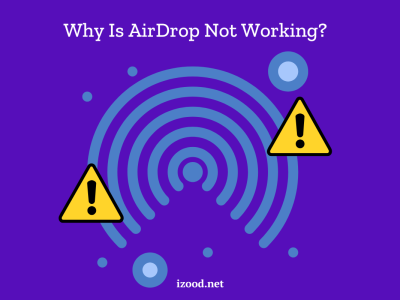Access to the internet and the technological revolution has made our lives more convenient than ever. However, the perks come with a cost as well. With billions of people around the globe using the internet, it makes it harder for companies to keep their or their customers’ data protected from cybercriminals.
Eligible countries must comply with their respective data privacy laws, such as GDPR in the EU & CCPA in the US. Adhering to these laws makes sure that the company’s data is secure. For instance, data mapping is a requirement for companies under GDPR. Hence, organizations invest in robust and efficient data mapping tools to ensure compliance with the law. Otherwise, it can damage your reputation or lead to hefty fines.

Therefore, in this article, we will talk about the top 5 data privacy challenges entities face and how you can address them in a breeze. Let’s discover!
1. Human Error Leads to Complexities
Most data privacy challenges arise from human error or lack of awareness. For example, your ill-informed workers in the company may unintentionally erase critical data, create weak passwords, or fall victim to different kinds of cyber-attacks.
Therefore, it’s important to create a data privacy manual in the organization and make sure everyone reads it carefully. Moreover, regular training programs should be conducted by your team of security experts. In case of any questions, appoint a team member to answer their queries at any time.
2. Advancement in Technology – IoT and Mobile
Whether IoT devices are connected to the company’s internet or other devices like phones, laptops, or tablets, they can all be a cause of concern for security because an increased number of devices makes data privacy a challenge.
The security professionals in your company must re-evaluate bring-your-own-device policies and ensure that the most accurate data governance procedures are in place. Checking the network for all connected devices prevents viruses from apps and data.
3. Higher Maintenance Costs
Some organizations dread the higher investment and maintenance costs of data privacy tools and systems. Although there’s no doubt that the costs can be on the high-end side, it can save you from costs related to breaches or data loss in the future. It’s also essential to consider that the penalties from data privacy regulations can be in millions.
Hence, investing in data security technologies like data archiving and backup tools and automating your data processes is ideal for preventing human error and improving control.
4. Hoarding Data
Gone are the days when hoarding data was believed to be the “right” thing to do for a company. Unfortunately, some organizations are still involved in this practice. In other words, they hoard data for years, which can pose a significant privacy risk.
A data culture should be established and practiced in the entity where only critical data is processed, stored, and deleted with time to prevent a breach of data privacy.
5. A Comprehensive List of Regulations to Follow
Whether you are required to follow GDPR, CCPA, APPI, or LGPD regulations, there’s no doubt that their list of requirements and documentation can be exhaustive. Of course, this can make it harder for you to track and maintain the requirements while handling other vital segments of the company.
Hence, you must create processes and automate all the data-related tasks to lift the burden of compliance off your shoulders. This way, you won’t have to fret about accuracy, accountability, transparency, storage, or confidentiality of data.

![How to Pause Location on Find My iPhone Without Them Knowing? [2024] 17 how to pause location on find my iphone](https://izood.net/wp-content/uploads/2024/10/How-to-Pause-Location-on-Find-My-iPhone-Without-Them-Knowing-400x300.png)


![How To Inspect Element on iPhone [4 Methods] 20 how to inspect element on iphone](https://izood.net/wp-content/uploads/2024/10/how-to-inspect-element-on-iphone-3-400x300.png)


